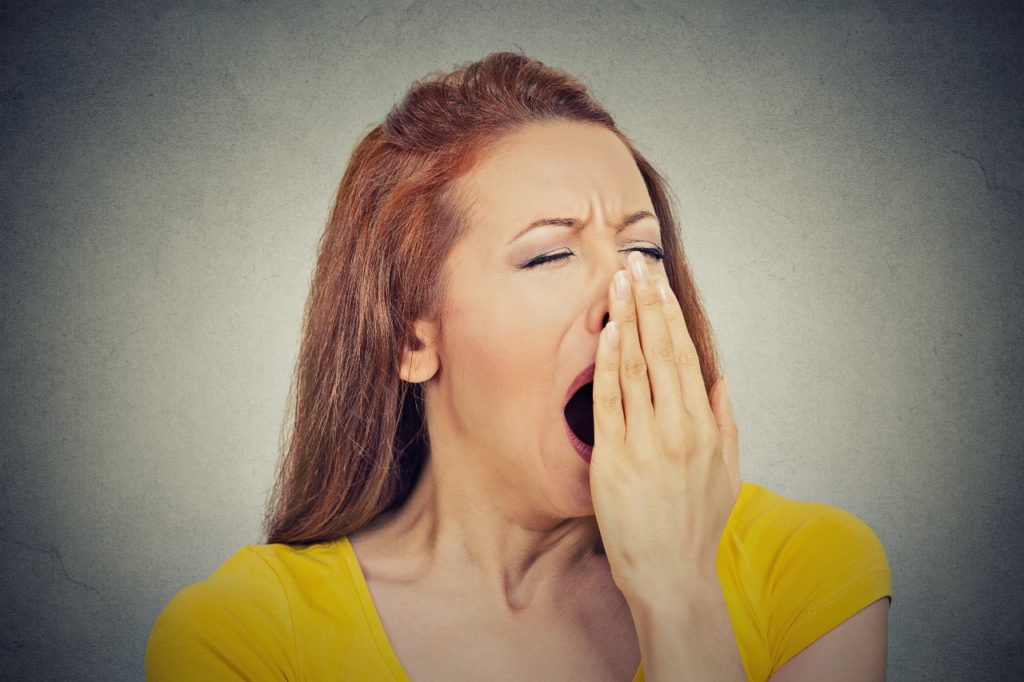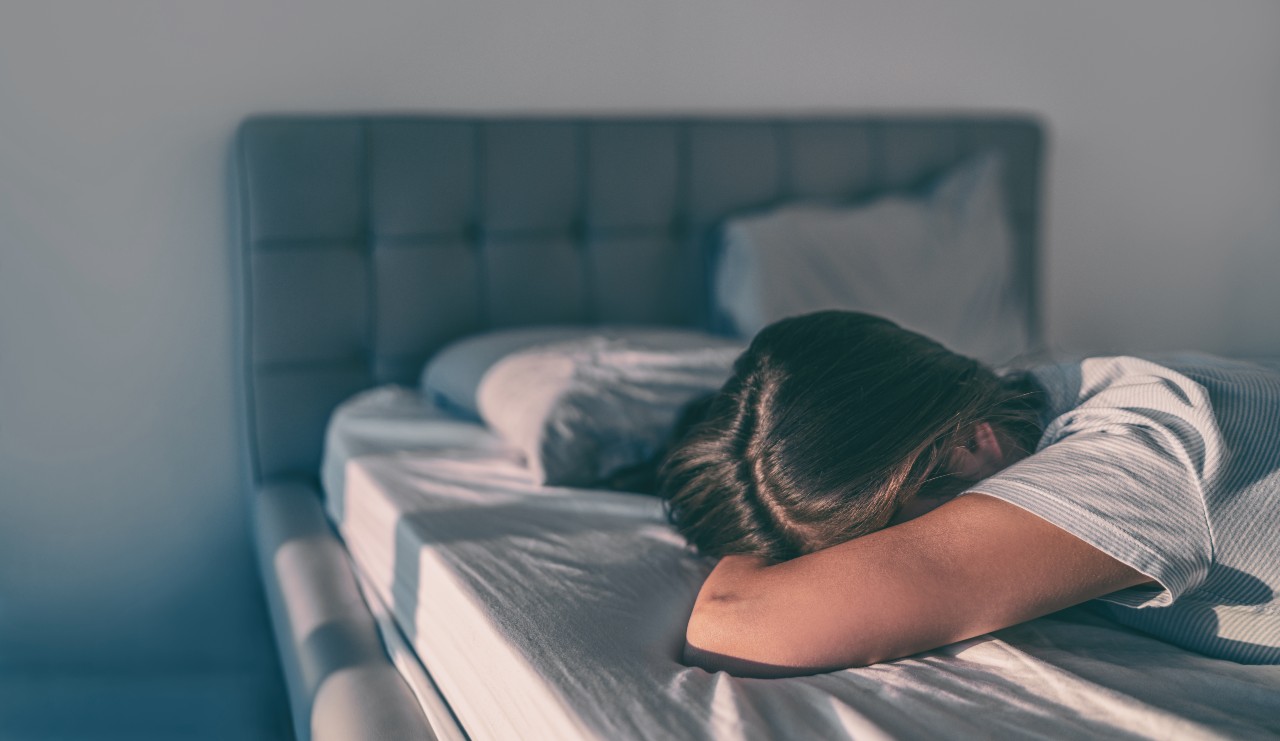Do the worries of the day impact your sleep at night? Do you find yourself waking often stewing over past events, worrying about the future, or feeling anxious often with no discernible reason? There are many reasons you may suffer poor quality sleep, and for many of us anxiety and fear keep us awake at night. Innova Primary Care knows the significance of a good night of sleep. We want you to rest well so that you are ready to tackle the challenges of the day. Read on for more on the impact of anxiety and fear on sleep and ways to set yourself up for slumber success.
Unsettled Sleep
Sleep disturbances impact millions of Americans. The American Sleep Association reports that over 50 million Americans have a sleep disorder of some type or another. From sleep apnea to insomnia, we are a sleep-deprived nation and it is affecting our health.
Sleep is more than just rest
You may regard sleep as just another way to pass time. While it feels this way, sleep is actually an active time for your mind and body. Sleep plays a powerful role in behavioral and cognitive function with research now suggesting a link between proper rest and Alzheimer’s. It’s even been suggested that early life sleep patterns are associated with developing dementia later in life. development of heart disease
Sleep is an immune booster because it allows your immune system to rest and recover. While your body is sleeping, your hormones are busy balancing out. When you do not get proper rest, your body creates more ghrelin, a hormone that signals hunger, and less leptin, the hormone that signals satiety. Ever noticed how you crave extra carbohydrates after a sleepless night? Ghrelin is to blame.
Clearly, sleep is an essential function, one your body needs to thrive. If you are suffering from anxiety and fear impacting your sleep schedule, it’s more serious than you may think.
What affects quality of Sleep?
Anxiety and fear can lead to affect the quality of your sleep. Why is it that some of us find our minds reeling in the middle of the night while others in similar situations are blissfully out for a full 8 hours? How can the remains of the day keep us from the sleep we so desperately need?
Fear and anxiety can destroy a good night’s sleep and they also happen to be common sleep disturbers. You aren’t alone. Anxiety and fear may cause you to ruminate on unwanted thoughts preventing you from falling asleep, waking you in the middle of the night, and in some extreme cases causing you to fear going to sleep itself. Sleep anxiety is a real thing affecting 40 million people.
Anyone of any age can develop sleep anxiety. It’s a vicious cycle: Anxiety causes sleep disturbances affecting your mood. You then begin to fear going to sleep because you are fearful you won’t get the rest you need.

Mental health
First and foremost, you need to address your mental health. For those suffering from anxiety that impacts their daily life, now is the time to speak to your healthcare provider. Anxiety and fear can be a normal part of life, however, they should not have such a detrimental influence on your life.
Reach out to a medical professional and see what steps you can take to help with your anxiety and/or underlying fears. You may get a referral to professional counseling, be advised on behavioral changes you can make, or require medication to assist you on the road to wellness. There is no shame in asking for help!
Healthy sleep habits
You can adapt healthy sleep hygiene to set yourself up for sleep success. In other words, create healthy sleep habits that can asset you with creating an environment ripe for good sleep.
- Consistency is king. Life is busy. We get it. You are probably on the go from sun up to sun down busy with work and family activities. However, it is important to find a bedtime that works for you and stick with it. You should also consider establishing a consistent wake-up time, even on the weekends.
- Turn off the screens. At least an hour before bedtime shut down the computer and put away your phone. Light from devices may suppress melatonin production which will negatively affect sleep.
- Create a bedtime routine. A consistent routine will alert your mind and body to the fact that rest is coming. Consider giving yourself at least 30 minutes of relaxation before hitting the sheets. You can take a warm bath, gentle stretching, soothing music, whatever helps put your mind at ease. Light is another powerful player when it comes to sleep. Before bed, lower the lights and let yourself transition.
- Make your bedroom a sleep haven. Your sleep conditions will play a powerful role in the rest you get each night. Create an environment conducive to rest by hanging blackout curtains to avoid excess light, great bedding to keep you cozy, and setting your thermostat at a cooler temperature during sleeping hours.
You don’t have to suffer from poor sleep
When anxiety and fear disturb your sleep, life can feel miserable. However, you do not have to go at this alone. Take steps to address your anxiety and consult with your physician to find tools and strategies to help you cope. Remember, you do not have to go at this alone. Ask for help.
Create an environment for sleep by creating a pre-bedtime routine, making your bedroom a haven, and being consistent. Your mind and body will thank you for it.




 About
About

 About
About About
About About
About
 About
About About
About

 About
About About
About About
About About
About











